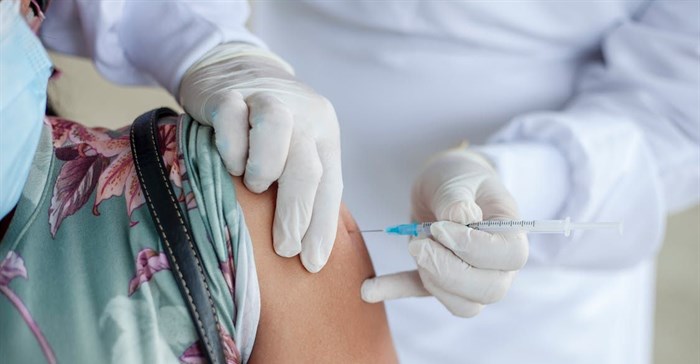
Achieving self-reliance by building local vaccine-manufacture capacity cannot be emphasised enough. Yet manufacturing capacity on the African continent is lagging.
“Aspen’s Private-Public Partnership with the SA Department of Health to manufacture Johnson & Johnson vaccines from their flagship facility in Gqeberha, for example, is a hugely promising initiative”, says Prof Charles Shey Wiysonge, epidemiologist and Cochrane SA director.
It is however worth noting that, under the current agreement with J&J, the Aspen facility is doing ‘fill and finish’ (packaging and preparing the vaccines for release), on medicines largely produced outside of Africa.
Vaccine specialist, Dr Geofrey Makenga, adds that as a continent we cannot relax until the vaccines are fully produced on African soil and urges Aspen and their collaborators to speed up the process for technology transfer and commence establishment of local facilities where active ingredients can be formulated and produced.
“A successful technology transfer will also secure capabilities for production of other vaccines post pandemic,” he says.
A future pandemic-proofed vaccine paradigm in Africa revolves around more than just financing.
Budgetary backing is a must, and private-public partnerships will continue to be essential, but even greater potential lies in harnessing the synergy of government health departments, big pharmaceutical R&D, and medical research institutions.
A promising example is BioVac in Cape Town. The result of a partnership between government and a pharmaceutical company, the institute is dedicated to bolstering local vaccine manufacturing capacity.
The African Union Covid-19 vaccination strategy aims to vaccinate a minimum of 60% of Africa’s population based on a whole-of-Africa approach.
This is being facilitated by initiatives like the African Vaccine Acquisition Trust (AVAT), a centralised purchasing agent.
Makenga says that with such structures in place, international finance facilities, in conjunction with civil society bodies like Covax (a collaboration led by Gavi, the Vaccine Alliance, the Coalition for Epidemic Preparedness Innovations, and the World Health Organisation) stand to make great strides in ensuring vaccine availability.
“With assistance from non-for-profit international organisations, funding for investment could be secured for the development of other vaccines too, but only with strong political will from African countries,” he says.
Figures released by the Africa Centres for Disease Control and Prevention (CDC), reveal low vaccination rates in most countries, with some countries having not yet received any vaccines at all.
Furthermore, in many places the vaccines that have been acquired have been underused due to difficulties in delivery to local dispensing facilities as well as storage challenges, and low ratios of healthcare workers.
According to Wiysonge, the overall uptake of the vaccines on the continent has varied greatly from country to country and during different times throughout the pandemic.
“Seychelles for example has now achieved a vaccination coverage of close to 70%,” he remarks.
He observes that vaccine hesitancy has also been a challenge in some African countries and believes that the solution is to empower people with knowledge and education around the science of what vaccines are, and how they actually work.
Both experts agree that the technological advances in vaccine manufacture for Covid-19 bode well for adaptation for other diseases vexing the continent.
“I am optimistic that the Covid-19 pandemic will usher in a new era for Africa in which innovations in therapeutics and diagnostics is the norm,” says Wiysonge.
Wiysonge and Makenga will both be participating in the upcoming Africa Health Conference in October.